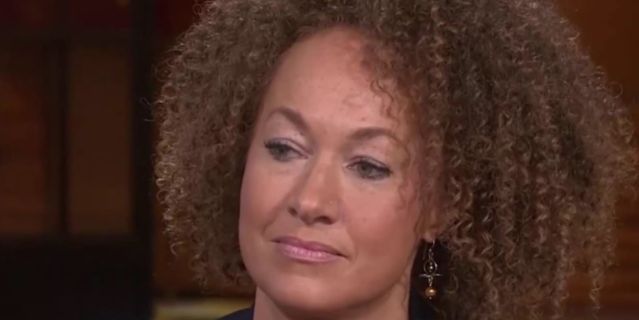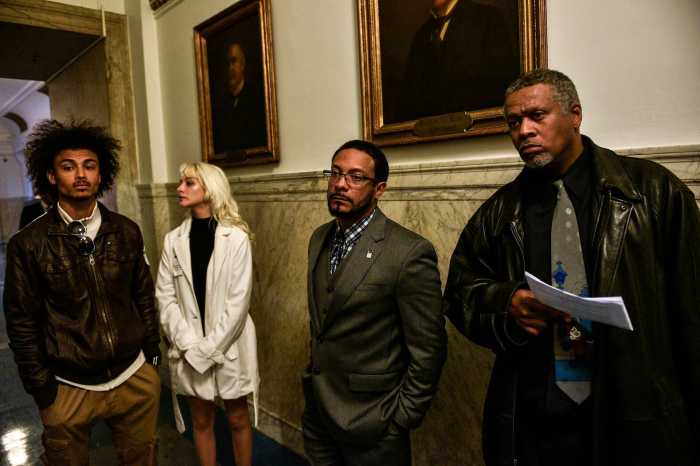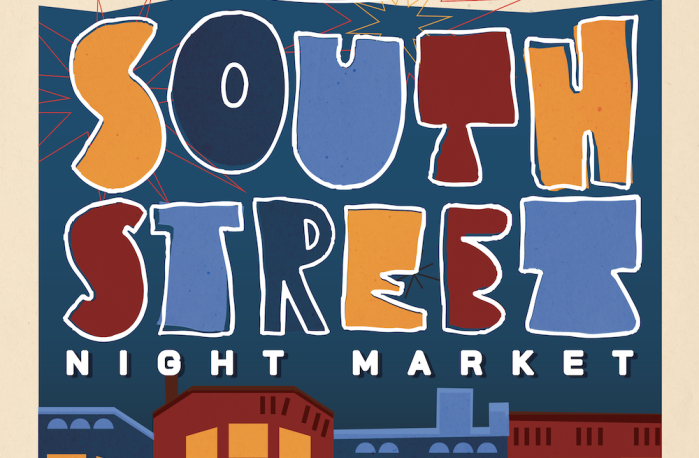I’m a bold and unapologetic feminist.
Through my various experiences in gender studies, I take pride in fighting for equal rights for women and fluid expression among both male, female, and transgender citizens.
Sometimes, I push the envelope to challenge sexism and misogyny within my social circles. One night while attending Penn, I choose to cross-dress as a woman to experience firsthand what the often problematic party culture was like for them. My home girls were very enthused about it. They bought me a very natural looking wig and even hot-curled it. We picked out a cute black dress that was chic and made sure I waxed, shaved, and polished all noticeable signs of manliness. We went to an off-campus party near Drexel and devised a plan. One – I wouldn’t actually approach any of the guys there, so if discovered, initial blame couldn’t be asserted. Two – if approached, I would politely decline any offers and just mingle with my girlfriends instead. And three – in the event that a guy was more persistent than necessary, we were to collectively exit immediately. After the first hour, I realized how difficult it was to be a girl at a campus party. The constant catcalling initially felt flattering but then got creepy when words became instant stalking that later became unwarranted groping. The sexual harassment and disregard for my body without any indication of personal request was endless and exhausting. The experience motivated me to further advocate for the end of rape culture on college campuses. Despite how voyeuristic the entire experience felt, I could never imagine taking another step into daily life of a young woman again. And then there is Rachel Dolezel – a white woman who has now become a media spectacle for recently being exposed by her parents as purposely living as black in disguise.
There has been a week of ridiculous speculation either justifying her choosing to deceive as a black woman or condemning it as racial misappropriation.
Some even believe that she might be “transracial” – this convoluted transphobic concept that race, just like gender-identity, can be intrinsically altered.
But despite the madness, I just think it’s a sign of an identity crisis.
Society has constructed ridiculous standards between what defines the traits of one’s racial and/or gender identity.
If you like hip-hop, wearing Jordan’s, and eating fried chicken – that makes you “more black” than any of the other stereotypes pertaining to other races in this country.
For Dolezal, it was her devout passion in Africana studies, NAACP and wearing braids that made her feel as though her identity can be suddenly distorted.
But who says she couldn’t have done all of that while still identifying as white?
As I reflect back on my own deception, cross-dressing as a woman to gain an affinity for the feminist movement was unnecessary.
However, societal pressures will have you assuming that the only way you can invoke change is by walking a mile in someone else’s shoes.
Perhaps we are consequently stepping on them more as a result.
Being Rachel Dolezal for a night


































